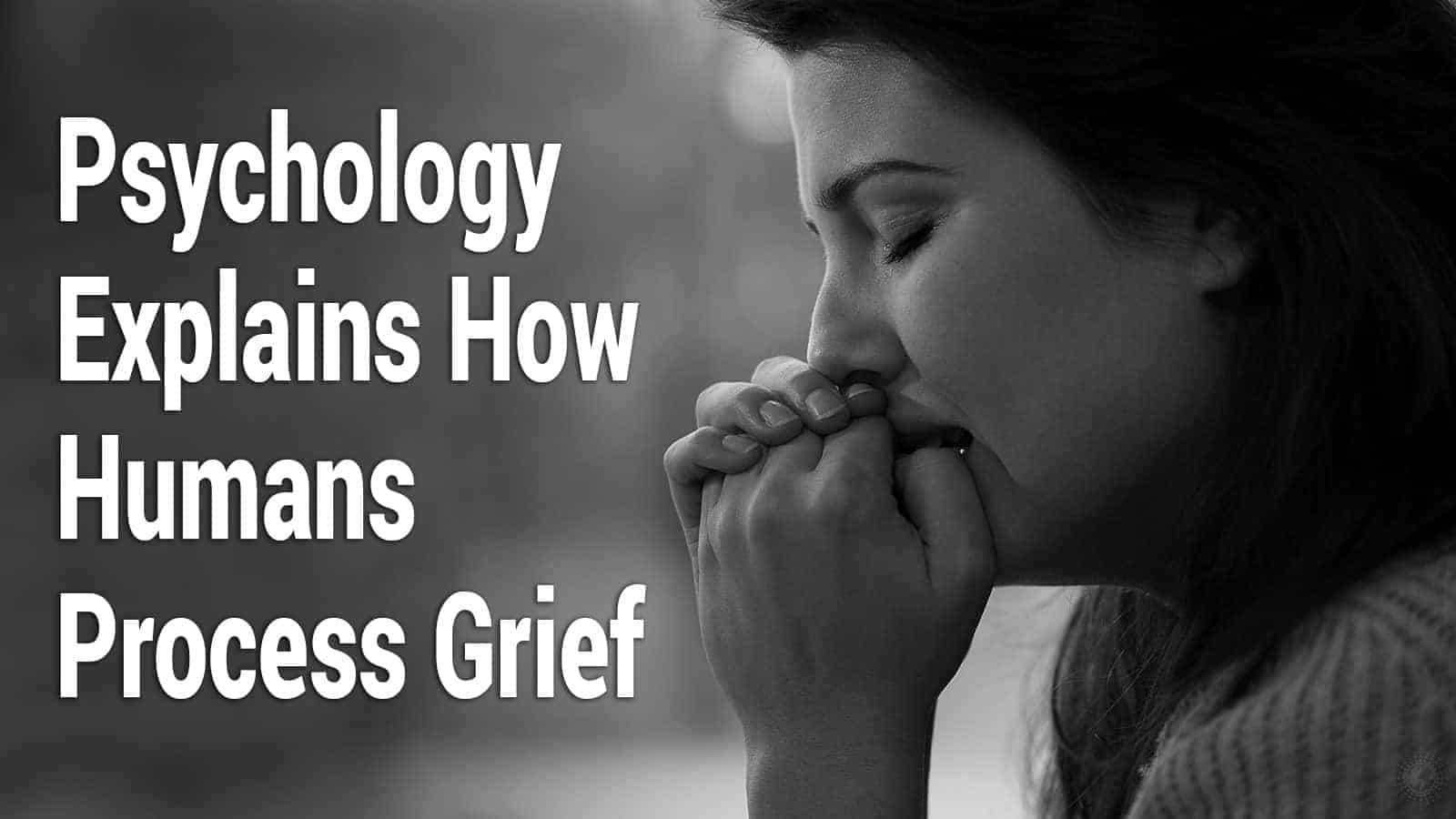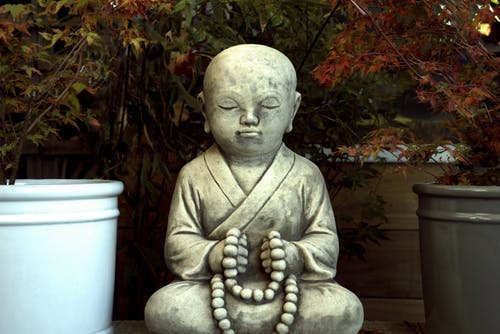Life is amazing, painful, beautiful, and cruel. It is a tremendous, awe-inspiring blessing. Life is quite the dichotomy. Once it passes by, you can never go back. Therefore, it both creates more life and takes it away. It can allow us to create abundance in our lives and also allow us to travel to the depths of depravity in times of grief.
There is not a living being on Earth who does not experience loss and regret in their lifetime.
Loss is not limited to the loss of a loved one but also includes losing one’s career, job, money, friendships, family relations, love, faith, innocence, childhood, health, and more. If you can attain it, it can be lost. That is a harsh reality of life.
Regret is another form of loss – a perceived loss of what we dreamed would’ve been the outcome had we made a different decision. The reality is that you don’t know how things would’ve turned out. Often, it is not knowing that hurts.
Feelings of loss and regret can put the brakes on you choosing to live your life. It can devastate your view of life, yourself, and humanity. Yet, accepting that things will never go back is the ultimate step forward. Additionally, it can serve as the first block in the foundation for your metamorphosis.
Grief by the Stages
Whenever we lose something that we viewed as essential to the meaning of our life, we experience grief. Many people used to think that grief only applied to the loss of life, but psychologists have proven that we experience the same stages of grief regarding anything we lose which was closely related to our view of our lives.
“As humans, we are capable of attaching to many things – people, places, positions, activities, objects. When we lose something we value, we grieve. Grief, after all, is the price of love.” – Freud, S. Mourning and Melancholia (1957).
David Kessler and Elisabeth Kubler-Ross identified the 5 stages of grief. David Kessler is an author and recognized expert on grief. Elizabeth Kubler-Ross was a psychiatrist who pioneered the 5 stages of grief. Together, she and David have published books addressing death and stages of grief.
1 – Denial
This is recognized as the first stage of grief. Denial acts as a filter between our overwhelming emotions and our attempts to go on with life. It allows emotions to trickle through bit by bit as we start to accept the reality of what has happened.
For a period of time, you feel emotionally numb. As you become stronger, denial grows much less; you then have to face the emotions that had been dammed within.
2 – Anger
This stage results from those emotions coming out after denial. You may feel anger toward anyone. For instance, you may feel angry with friends, family, or society in general. Additionally, your faith in your God or in the meaning of life might turn into a recipient of your anger and frustration.
Anger acts as an impetus to create motion and express the magnitude of your emotions. It becomes a saving grace from the numbness you were feeling, and, ironically, is a reflection of how much you loved.
3 – Bargaining
As your anger starts to wane, you just want anything or anyone to give you back what or who you lost. We will try to bargain for a “second chance” to do things differently, to make the pain go away, or to find a way to return what we lost. We may dwell in the past because of this thinking.
4 – Depression
As with intense sadness, depressing comes about as you grow closer to acknowledging that your anger is running out and bargaining hasn’t changed anything; yet, you still have to face what is lost. You may withdraw from others, feel you are in a fog and question the point of life – including your own life.
While this stage is essential, it is important not to stay here for too long. While this form of depression is not the same as the mental illness of depression, it can lead to it.
Express this sadness by talking about it. Harder still, honestly look at the question of whether the loss is truly worth being depressed over.
Yes, a loss of a loved one, a career, your health, etc. is painful. Yet, aside from allowing yourself to feel the sadness, staying depressed will not change anything for you. It will not change the past and cannot allow you to build the future.
5 – Acceptance
Acceptance is the fifth stage. Acceptance doesn’t mean that anything is ok or right. It simply means that “it is.” The loss is your new reality; despite denial, anger, bargaining, and sadness, nothing has changed that. You fully understand and accept that you can never go back.
It doesn’t take away how you felt about the person or situation prior. You will not be the same as you were before. Your life will not be the same. You may try to pretend that all is the same, but as time continues, you will learn to adjust to the differences.
With acceptance, you will start to make decisions that further your life forward. You will recognize fully that things cannot go back.
It is important to know that these stages intermingle with each other throughout the process of healing from the grief. You may go through some denial again while in the acceptance stage. You may still be angry while trying to bargain. You may even skip one stage and then go back to the missed stage at another time.
The length of time at each stage will differ depending upon yourself and the devastation of the event. Some stages may just be a few hours while another stage lasts for weeks. It is all okay. Even after you experience the acceptance stage, you may still have short repeats of the stages as you adjust.
What makes acceptance so hard?
Accepting and moving on from loss is extremely difficult for most of us. It is so universal that one has to question if there is a physiological reason for it. If we examine how our brain functions, it does become a bit clearer. That clarity may help us to reach acceptance sooner and with less pain in the process.
Our brains hate to lose.
Mankind has survived many things and our competitive nature has advanced our lifestyle. Not liking to lose has pushed us as individuals past our fears toward knowledge and has taught us to persevere despite seemingly impossible odds. It is one of the greatest traits of mankind.
On the flip side though, we tend to think of things in terms of possessions. “My wife/husband,” “my child,” “my money,” “my house,” etc. By making the perception of them being a possession, our brain associates it with something that we cannot lose. It is almost as if these possessions are an extension of ourselves, and therefore, must be maintained to the same extent as our lives.
We hate not having control.
The preservation of our lives depends upon our ability to control a situation, whether that is through strength, power, persuasion, or influence. In reality, we only have so much control over events. We have the most control over our own responses to life. We can’t control when death is going to happen. We can’t control if someone else stole money from us without our knowledge or through manipulation. We can’t control if a child develops a crippling disease.
Yes, there are certain decisions we can make to prevent as much of these events as can be foreseen, but that is not absolute control. When we have to face that we didn’t have control, we feel weak, vulnerable and fearful. That triggers our survival instincts, but sadly, those instincts can’t help us.

Difficulty with change.
Our brain is designed to keep us safe. Anything perceived as uncomfortable is translated to being unsafe. Our brain searches for methods to feel safe again. This is why learning to embrace change can actually be a great asset in our lives. The fewer things that evoke the feeling of uncomfortableness, the better we can adapt.
Mankind’s ability to adapt is what has led to our survival and dominance. While our brain still has these automatic mechanisms, the more flexible and open-minded we become, the better we can adjust to life.
The more positively we view changes, the better. If we viewed events as an opportunity, a blessed experience, or as further growth, we are more likely to work with the events and have positive results.
Final Thoughts on Processing Grief
The fact that things will never go back does not need to be viewed with sadness, regret, fear or apprehension. Our perceptions and attitude ultimately are what determine how we cope with all circumstances. Think of the mindset of “things will never go back” as the first step toward freedom of taking control where you can re-create your life.
The fact that things will never go back is a certainty. We cannot go back in time. That is also certain. Therefore, we must walk forward. Let’s do it with our heads held high, hope in our hearts, and the knowledge that we are capable of greatness, of loving again, and of giving and receiving a multitude of gifts in our short time on this Earth.














 Community
Community

